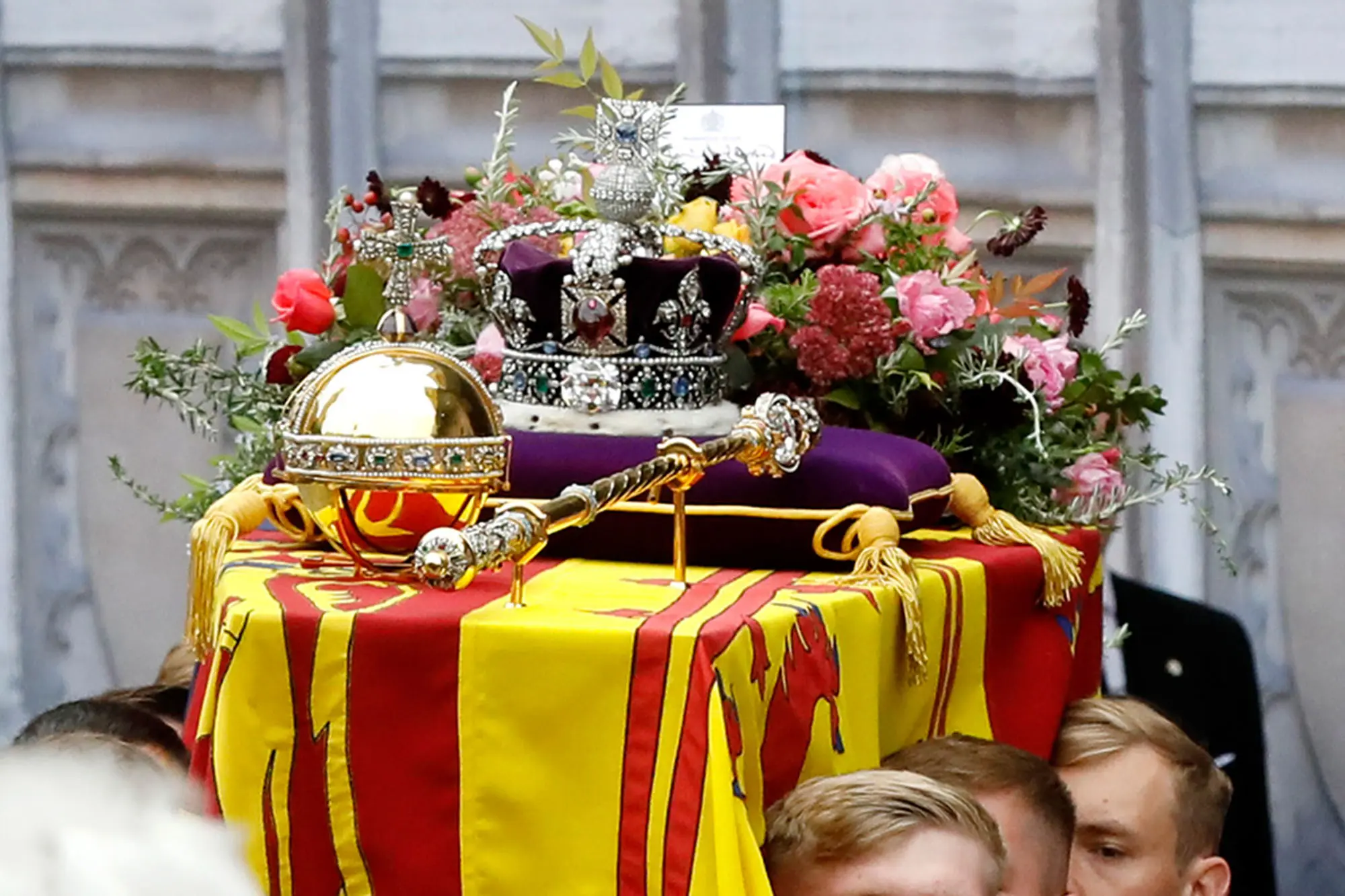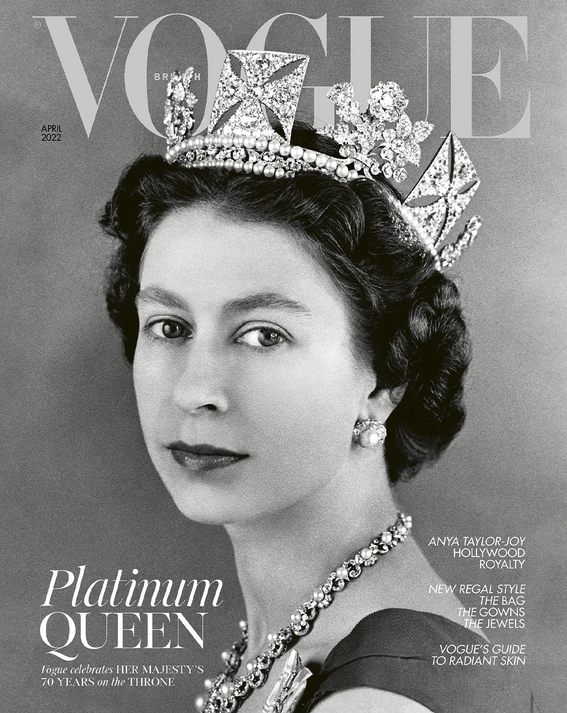Understanding the death of the late Queen Elizabeth II from the eyes of a Black Brit
On September 8th at 18:30 the news of Queen Elizabeth's passing was announced.
Earlier that day, she had been rushed to Balmoral Castle in Scotland where she was joined later by close family members. The death of the oldest living and longest reigning monarch in British history was a shock to the nation. As the UK was abruptly brought to a halt, I was not there.
At the time, with a glass of red and a plate of burrata resting on the table, I read this news from a restaurant in Paris dining with friends. Initially, many of my peers speculated that this was false, a bad joke in poor taste. When the announcement was officially broadcast, I was not sure how to process it.
My whole life I have had a complicated relationship with my nationality. I have spent twenty-one years meandering between being Black and British but very rarely both. Let me explain: I was born and raised in England, speaking English, at a Church of England school. Dominica, from where my family hails, gained independence from British rule in 1978. I have been there very early in my life but never mastered Kweyole and know little of the island's history.
The older I get, the more I am learning about history and colonialism, so I have never fully understood the dichotomous duality of my heritage. Though not directly implicit in the darkest periods of the British Empire, the late Queen was a beneficiary of her family's legacy. Drenched heavily in the blood of her black and brown subjects, it is hard to pay respects to someone whose status originates from the looting and pillaging of other nations.

Spurring quite the whirlwind of controversary were the tweets of Carnegie Mellon professor, Uju Anya. She came under fire for the way in which she articulated her response to the Queen's passing, wishing her an 'excruciating' death. Later, in defence of her early words, Anya stated "I'm not wishing her dead. She's dying already. I'm wishing her an agonizingly painful death like the one she caused for millions of people". While I personally would not have expressed my thoughts in those words, I completely understand why the Trinidadian-Nigerian academic felt so strongly on the matter.

Similarly, I also took to social media to express not just my frustrations about the history of colonialism, that still intoxicated much of British culture, but the aftermath of Elizabeth II's death. The main things causing me great irritation are the reactions by the British public and members of the commonwealth, and the implications of her passing on the working class.
Tens of thousands of people waited in line for nearly 24 hours at times to pay their respects to the resting body of the late monarch. This is a practice that, frankly, sickens me. The body of a grandmother, sister, daughter and mother should never, in my opinion, have been made into a tourist attraction. The late Queen was a powerful figure head and representative of this nation, yes, but an idol to be worshipped she was not.
Former colonies like Hong Kong spent days in morning, with more than 10,000 visitors paying their respects outside of their British consulate. Underneath this is something deeper concerning the former-colony and its fragile relationship with China. In the words of Cathleen Cheung, 30, "When mourning the queen, we are mourning the lost Hong Kong". During the British occupation of Hong Kong, people "grew up in a time when [they] had nine years of free education, a fair and enlightened environment, and [they] could move up the social ladder,” Mara Leung, a fifty year old saleswoman stated. “We took it for granted at that time, but now it is very difficult for young people to do it.” I believe to a great extent the tears of Hong Kongers were saturated with memories of better days, which they associated with the Queen's reign.
Back at home, mixed reactions have surfaced within working class communities. While some Britons have flocked to the streets to mourn others have celebrated the death of a symbol of colonial-oppression. Celtic football fans sang "if you hate the Royal family clap your hands" during a minute's applause in memory of the Queen. A handful of Brits have been arrested including one twenty-two year old man was charged for heckling Prince Andrew in Edinburgh. Announced as her successor, King Charles III has been booed by the public on multiple occasion across the county. Not to mention the deeply unfortunate and untimely murder of Chris Kaba at the hands of the police really put the royal funeral into perspective, as masses of people gathered in protest. The nation is truly torn.
An estimated 4.1 billion people, not including myself, watched the funeral live yesterday. This surpasses the funeral of Princess Diana and the wedding of Prince Harry and Meghan Markle, at 2.5 and 1.9 billion according to Express Royal. The Queen's funeral has now been officially marked as the most broadcasted event in the history of television as we know it.

In times of hardship and mourning one can only express a reaction based one one's own experiences. As a person who always been perceived as Black, I have not always been perceived as British. The other night in a conversation with friends I said, "I love being English but I don't necessarily love England". I enjoy the rowdy festivities and music, flaky sausage rolls and dry-witted sarcasm, but a history tainted by the lives of our Royal Family is not something I can say I love. Even yesterday, a day reverence and sorrow, I felt frightened just to go to the pub, something embedded in the Englishness of my DNA.
I too lost my Grandmother last year, it is a painful experience I am still working through. She was a huge fan of the Queen, always saying the deceased monarch was her "sister" and sporting similar brightly coloured outfits, small fascinator and all. So, to my (alleged) great-Aunt Queen Elizabeth Windsor, I hope those who loved you get to mourn the way they deserve, and I wish the same respect for those who hated you.




